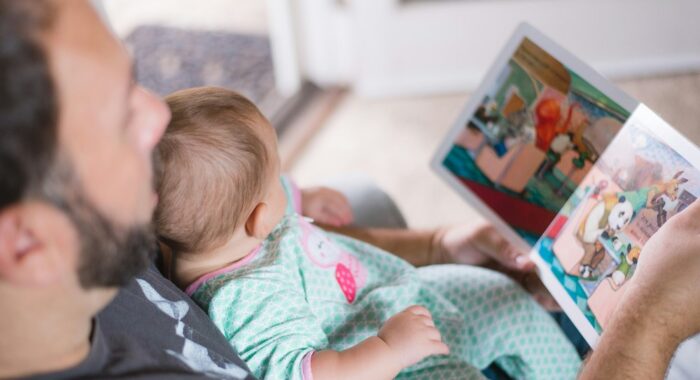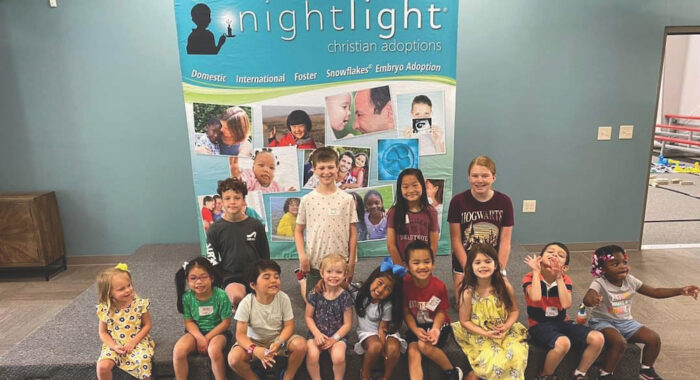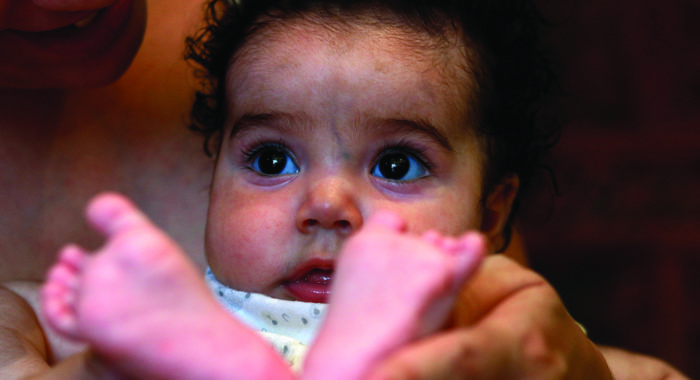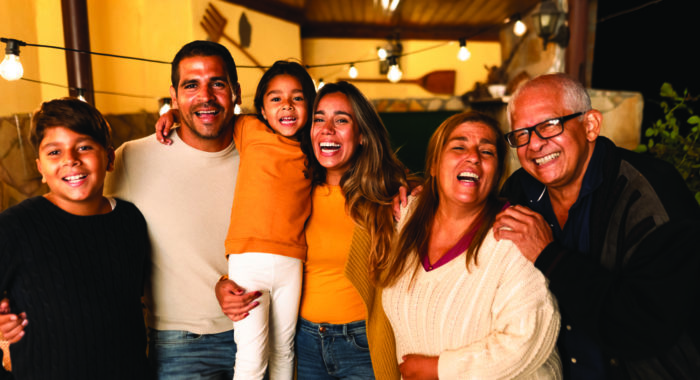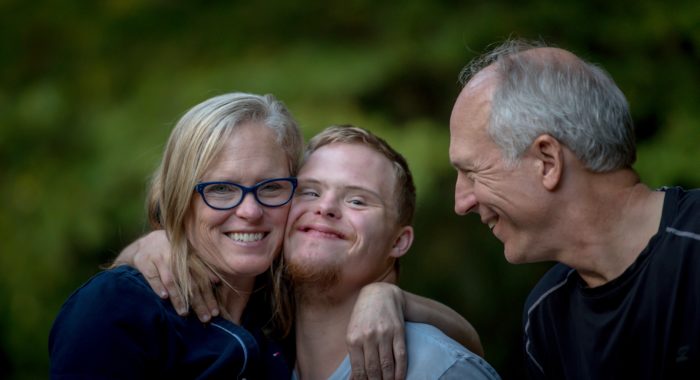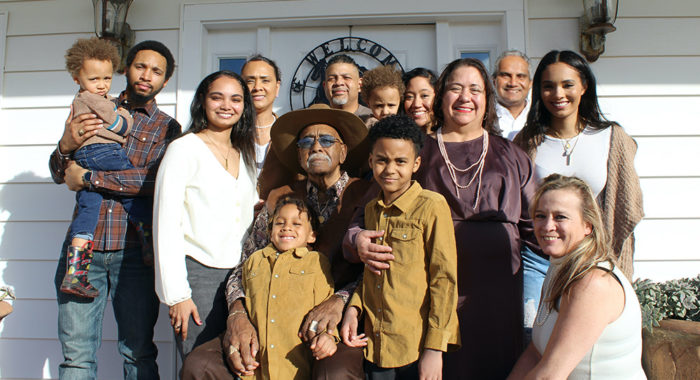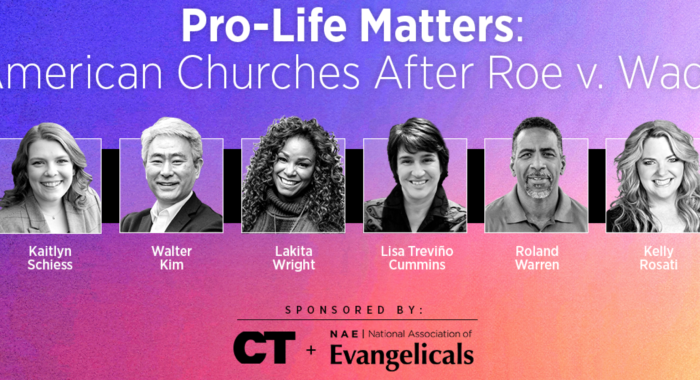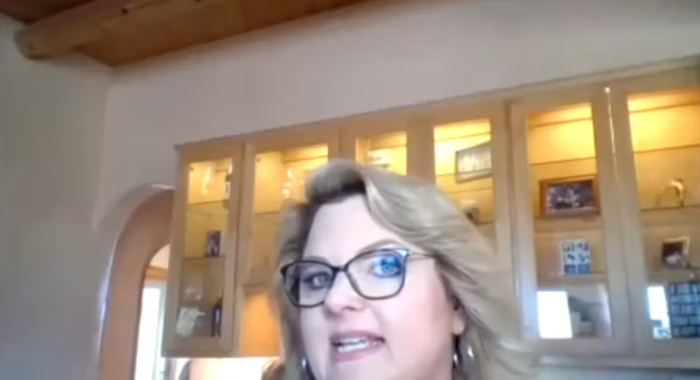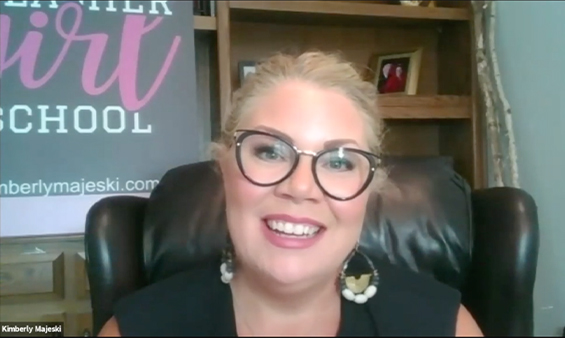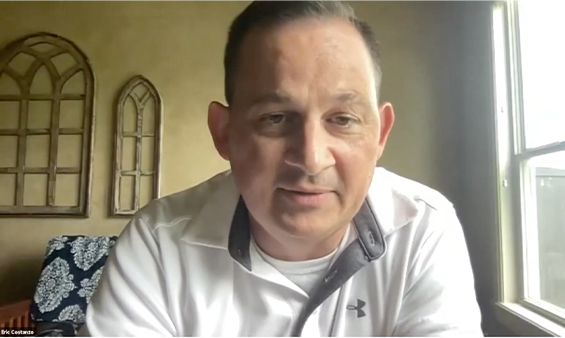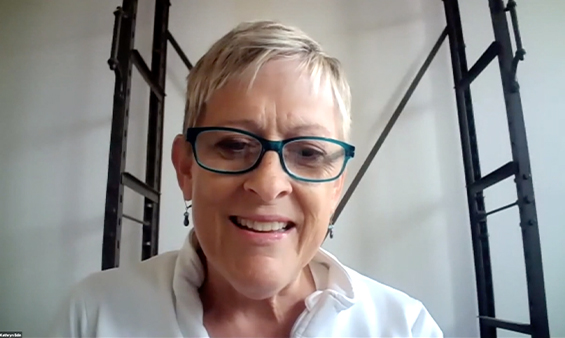Growing up in Southern California, my stepdad abandoned me and my siblings within hours of my mother’s funeral. I was nine years old. Standing beside my mom’s grave sporting my best corduroy pants, white shirt, and blue clip-on tie, my stoic demeanor belied my devastation. My biological father would die of alcoholism a few years later.
My childhood is full of some tough memories. Memories of a broken home, broken promises and dreams that just didn’t come true. But landing at the Reil residence on T-Circle Drive in Morongo Valley, California, I was somewhat optimistic that my new foster home would be normal.
As it would turn out, I had gone from bad to worse, especially when my foster dad accused me of trying to kill him by pushing him off a cliff. Keep in mind we lived at the bottom of a valley, and I was just now 10 years old.
To say that living with the Reil family was “strange” would be kind. Each night the family gathered around the table to roll cigarettes and smoke together. An AM radio would crackle in the distance. We’d chase chickens and then butcher them with the swing of an axe. One of the family’s boys married an older cousin — and another teenage boy in the family regularly tried to flirt with me.
Thankfully, not all the 390,000+ children in the American foster care system face such dangerous dysfunction. But it’s my harrowing and heartbreaking experience as a child in foster care that inspired me to spearhead Focus on the Family’s Wait No More program, our adoption and foster care effort. No child should have to endure what I encountered.
The Christian Life
Being intimately involved in people’s lives for Christ can be messy. We often assume that the Christian life is supposed to be easy and simple. Yet, the Bible is filled with one story after another about difficulty and the need for faith. With our faith in God and his sovereignty to undergird our approach, Christians are uniquely positioned to make a significant difference in these children’s lives.
Throughout Scripture, we see that God has a special place in his heart for orphans. Indeed he says that he is their father (Psalm 68:5), and he defends and sustains them (Psalm 10:17–18). He also commands us to “take up the cause of the fatherless” (Isaiah 1:17). Poignantly James, brother to Jesus, says that “religion that God our Father accepts as pure and faultless is this: to look after orphans and widows in their distress and to keep oneself from being polluted by the world” (James 1:27).
I have pondered too if being “polluted by the world” includes — but is not limited to — prioritizing worldly conveniences over the hard work to “act justly, love mercy and walk humbly with our God” (Micah 6:8).
No, this is not easy work. But these children whom God loves are in desperate need — not simply through lack of means, but relational connectedness. It is no surprise when I read that up to 80 percent of children in foster care have significant mental health issues, compared with 18-22 percent of the general population.
Yet research shows that kids in foster care who get even just brief exposure to a functional family have a markedly improved chance for success when they get married. Children who have known nothing but brokenness, but who live with a healthy family for even four to six months can experience what healthy family relationships should look like. When they can feel wholeness, sense it, be a part of it, it helps set them up for success in life in the best of ways.
Play a Part
My wife, Jean, and I have been foster parents, and we do respite care. Respite simply means you come around other foster families and give them a break by taking the kids for a weekend or supporting them in their efforts.
Whether it be providing meals, doing laundry, or coming alongside a family prayerfully and emotionally, there are ways to play a part.
Adoption and foster care represent a deeply meaningful journey, yet adoptive and foster families face unique stressors, including insecure attachment issues, trauma responses, and service agencies who don’t provide sufficient training or support. We’re not all called to do the same thing, but we’re all capable of doing something. The ultimate goal is for every believer to feel empowered with a sense of calling and direction about their role.
“Now there are varieties of gifts, but the same Spirit; and there are varieties of service, but the same Lord; and there are varieties of activities, but it is the same God who empowers them all in everyone. To each is given
the manifestation of the Spirit for the common good” (1 Corinthians 12:4–7).
The Apostle Paul is telling us that we all have different functions but the same purpose. Not everyone will open their home to a child, but there are still significant roles for other parts of the Body of Christ. There are approximately 350,000 churches in the United States and about 100,000 children who are looking for adoptive homes. That’s one child for every three churches.
At Focus on the Family, we wholeheartedly agree that churches and individual Christians have a special role to play in caring for children who are in desperate need. We hope that many Christians will welcome children into their homes and adopt them into their families. At the same time, we understand that not everyone can, or is called to, adopt. There are many ways to help care for orphans.
That’s why Focus on the Family also encourages Christians to W.R.A.P. around adoptive (or foster) families. As part of the community that surrounds these special families, you can Wrestle in prayer, provide Respite care, perform Acts of service and claim the Promises of God for that family.
Life at the Reils’ was very unreal for me, and I wanted to leave almost from the moment I was driven up the family’s gravel driveway. It’s not for me to judge the motives of the family, though it seems clear to me they were not well-suited for the role. I need to acknowledge, even in that mess at the Reils’, I was grateful to have somewhere to sleep and food to eat. They did help in the most basic of ways.
Nevertheless, God redeemed that experience. Foster care is imperfect because people are imperfect. But decades later that difficult season contributed to Focus on the Family launching our program, which has inspired and compelled thousands of families to welcome children into their homes from the foster care system.




 View All Articles
View All Articles 



